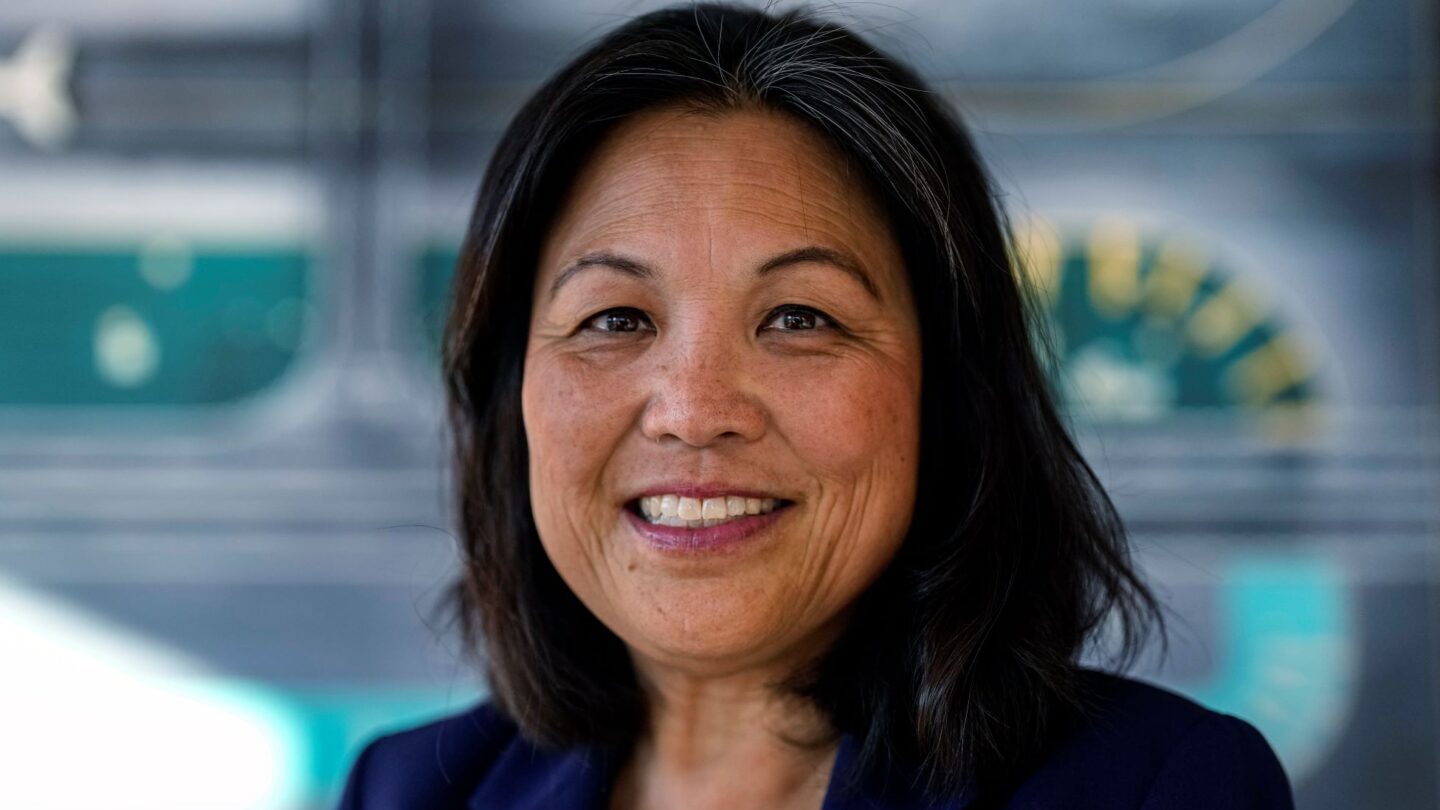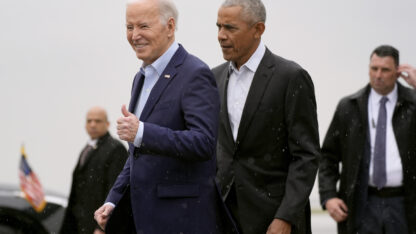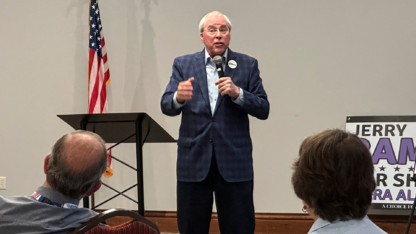U.S. labor secretary visits Atlanta, says unions in the South are fired up

Pro-business state leadership and federal tax credits from the Inflation Reduction Act have allowed Georgia to lure automakers, including EV manufacturers, to the state. The move has highlighted a lack of union representation in the state in an industry with a long history of labor ties.
After a win in Tennessee, United Auto Workers will move on to Alabama next month, where they will continue pushing to organize thousands of nonunion employees in the South, including Georgia.
“It doesn’t matter whether it’s battery plants, Hyundai, or whatever. The workers are fired up, fed up, and tired of low wages and lack of health care benefits,” said Tim Smith, the UAW Region 8 Director, which includes Georgia.
The labor union is fighting an uphill battle in Georgia, where the workforce has a union membership rate of around 5%. Meanwhile, Republican state leaders say union representation is unnecessary and have moved forward with legislation that some say makes it harder to organize.
United States Secretary of Labor Julie Su visited Atlanta this week for the African American Mayors Conference, stating that it was important for her to attend.
“This is very much a part of President Biden’s vision. We know that we do our best work. And we do it in partnership, including with leaders on the ground, who are making things happen every single day in communities across the country,” said Su.
We are seeing Republican-led states introduce legislation that union leaders say they’ll take to court because it violates their federally protected right to organize.
Georgia lawmakers passed Senate Bill 362 last month, which union leaders say would make it harder for companies to receive state economic incentives and unionize. This could target automakers moving here. Alabama lawmakers recently passed a similar version of the bill.
“Someone should remind Gov. Kemp and the other Southern governors that all workers: workers who are organizing, workers who are union, workers who are not Union are their constituents, as well,” said Hannah Perkins, political director and campaign manager of Georgia AFL-CIO.
Perkins expects legal challenges against the legislation as early as next year.
Su says, however, that these bills will not stop the labor movement in the South.
“It is really it’s really a shame that worker power and worker well-being are seen as a threat to some so-called political leaders; we really are in a moment where we’re seeing that when workers have a seat at the table, when workers have a voice, when workers can negotiate for, for fair working conditions, the national labor figure said.
“It’s really better not just for them; it’s better for their industry, right? They get a say in helping to chart the future of that industry.”
Several companies, like Hyundai, have stated that they support their employees’ choice to join a union but prefer a more direct relationship. In a joint letter, Southern Republican leaders argued that unions could cost future jobs and ultimately be a loss for workers.
Su argues the opposite, stating that joining helps protect employees from low wages, unsafe working conditions and weak benefits.
“We believe that every worker should have the full right to choose whether to be in a union, and that right should be free of any kind of interference from employers or politicians,” said Su. “And free from fear of retaliation and other kinds of negative consequences.”








